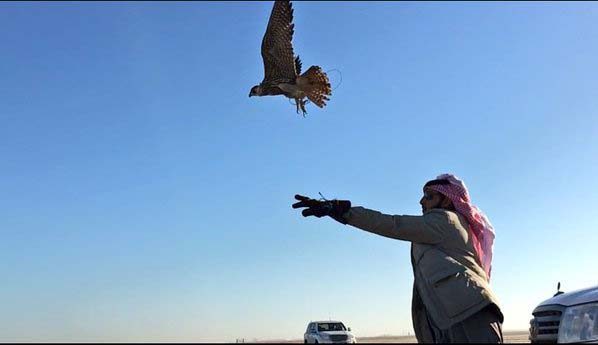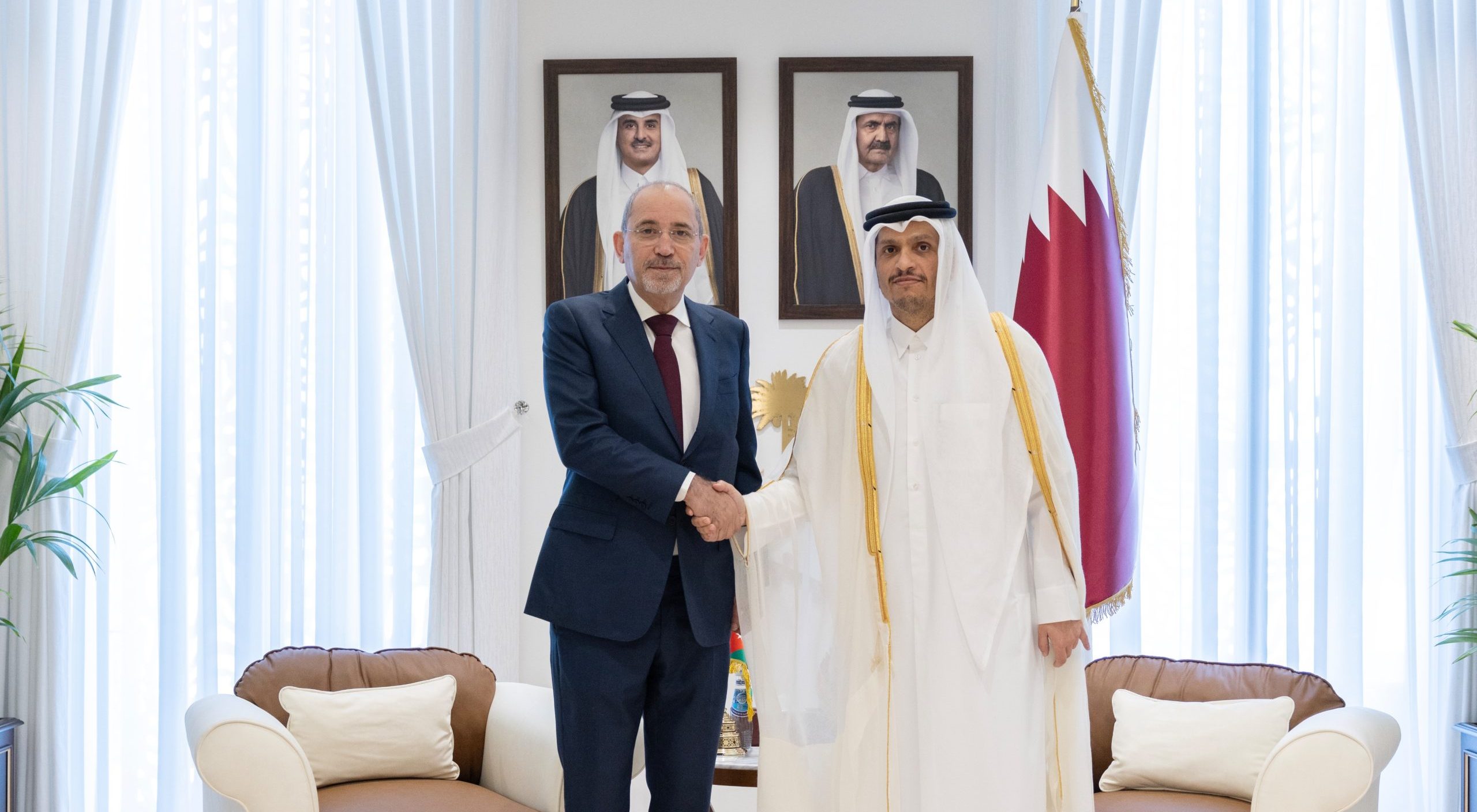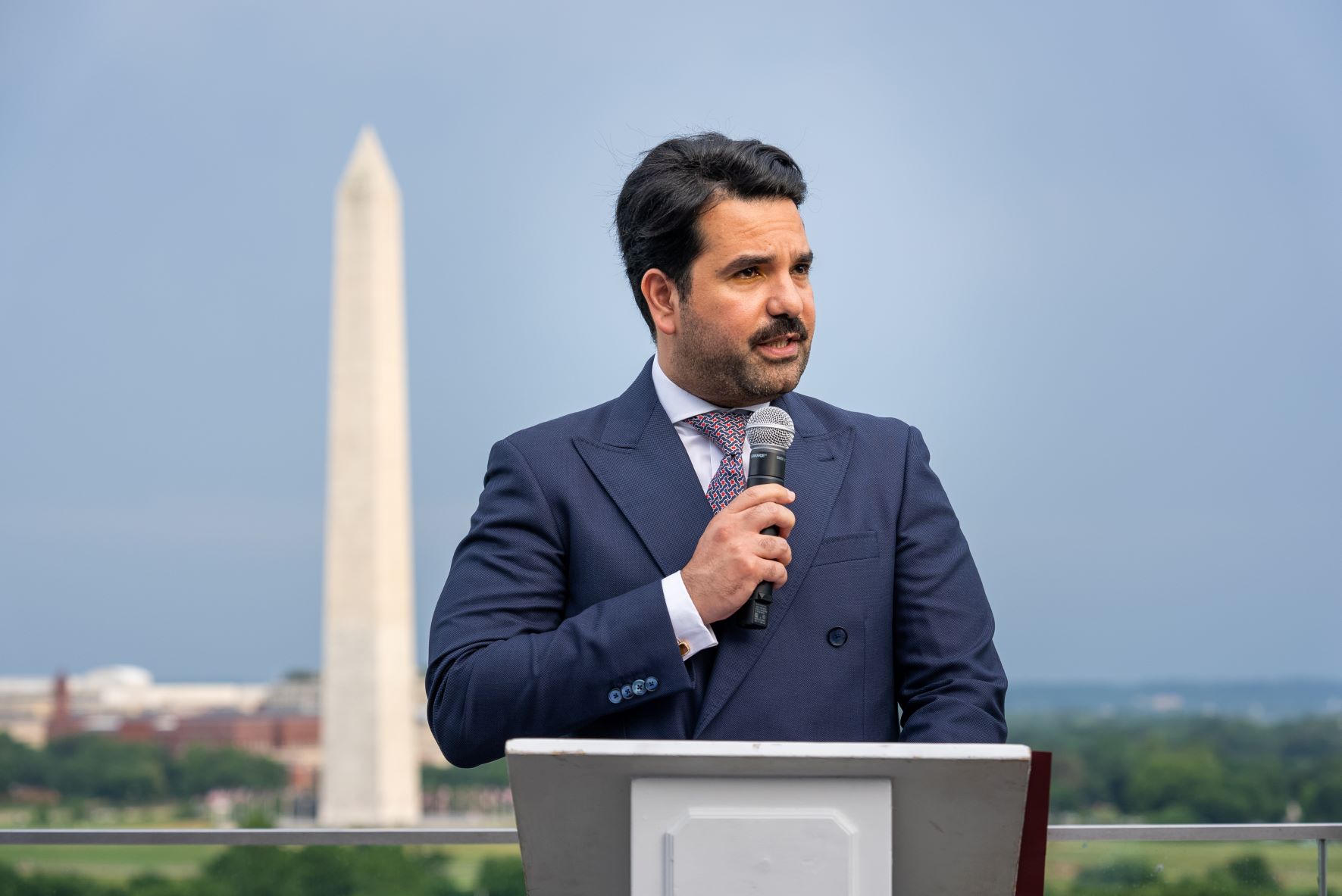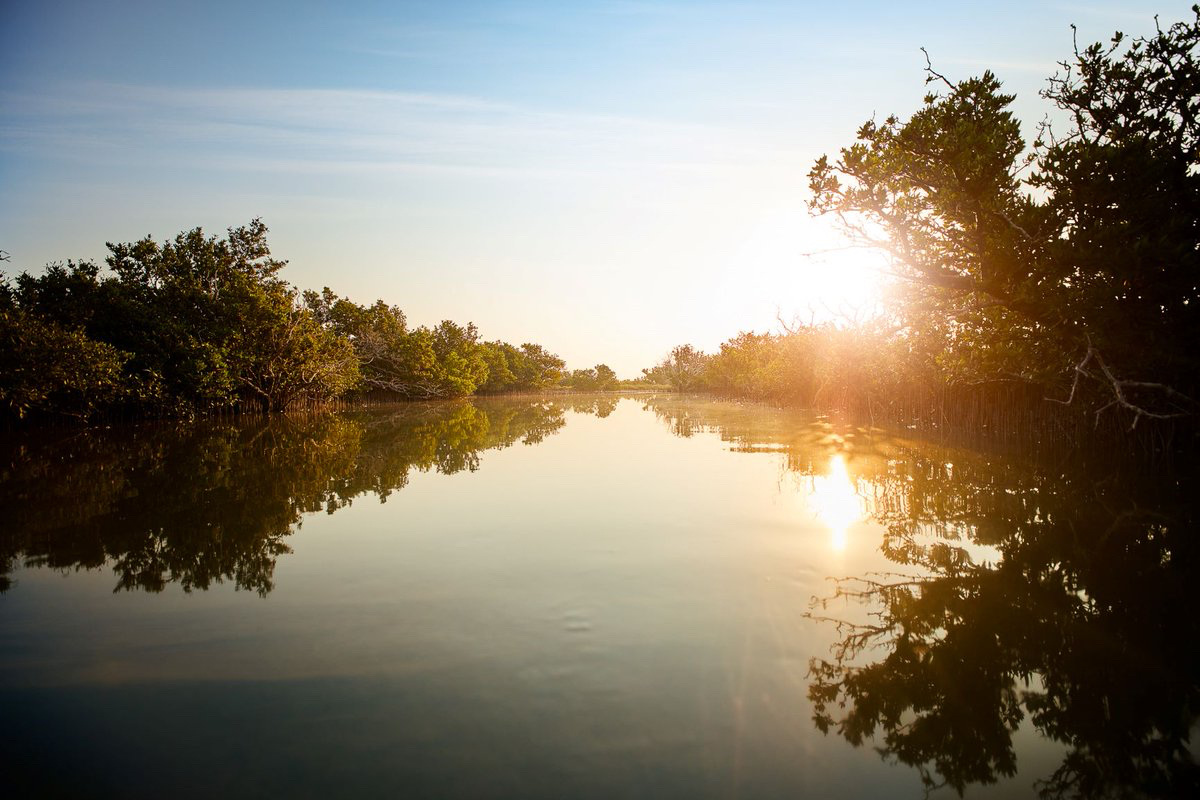Falconers were asked to cooperate with a campaign and donate some of their falcons to enable them to breed in the wild and support the preservation of the birds.
More than 50 falcons will be released into nature as part of Qatar’s efforts to conserve and breed the birds in the wild, Al Qannas Qatari Society announced.
The release of the falcons into the wild is a significant step towards the preservation of the iconic bird across the region. The sixth campaign took place at the society’s headquarters in Katara – Cultural Village from March 10 to 25.
After the society receives the donated falcons, it transports them in batches to the Souq Waqif Falcon Hospital for veterinary examinations by specialists to make sure the birds are healthy and fit for release into the wild.
Many Qatari falconers participated in the campaign and donated some of their best birds.
The breeding of falcons in captivity has been prevalent in the Middle East for centuries, and these birds are considered a symbol of heritage and tradition. However, releasing them into the wild has been a challenge, and the success of this project will pave the way for future efforts in their conservation.
The falcons are being trained to adapt to the environment they will be released into, and they will be monitored closely to ensure their safety and wellbeing. The falcons will be fitted with tracking devices, and their movements will be monitored regularly to track their progress.
The release of the falcons into the wild will not only help to maintain their population in the region, but will also contribute to the ecosystem’s balance. Falcons play an essential role in controlling the population of smaller birds and animals, and their presence is necessary for the ecological balance of the area.
In addition to this project, Al Qannas Qatari Society has also been involved in several other initiatives aimed at conserving the falcon population. These include awareness campaigns and education programmes that aim to educate the public about the importance of preserving these birds and their habitat.
The MME has also been actively involved in conservation efforts in the region, including the establishment of protected areas and the preservation of biodiversity.







